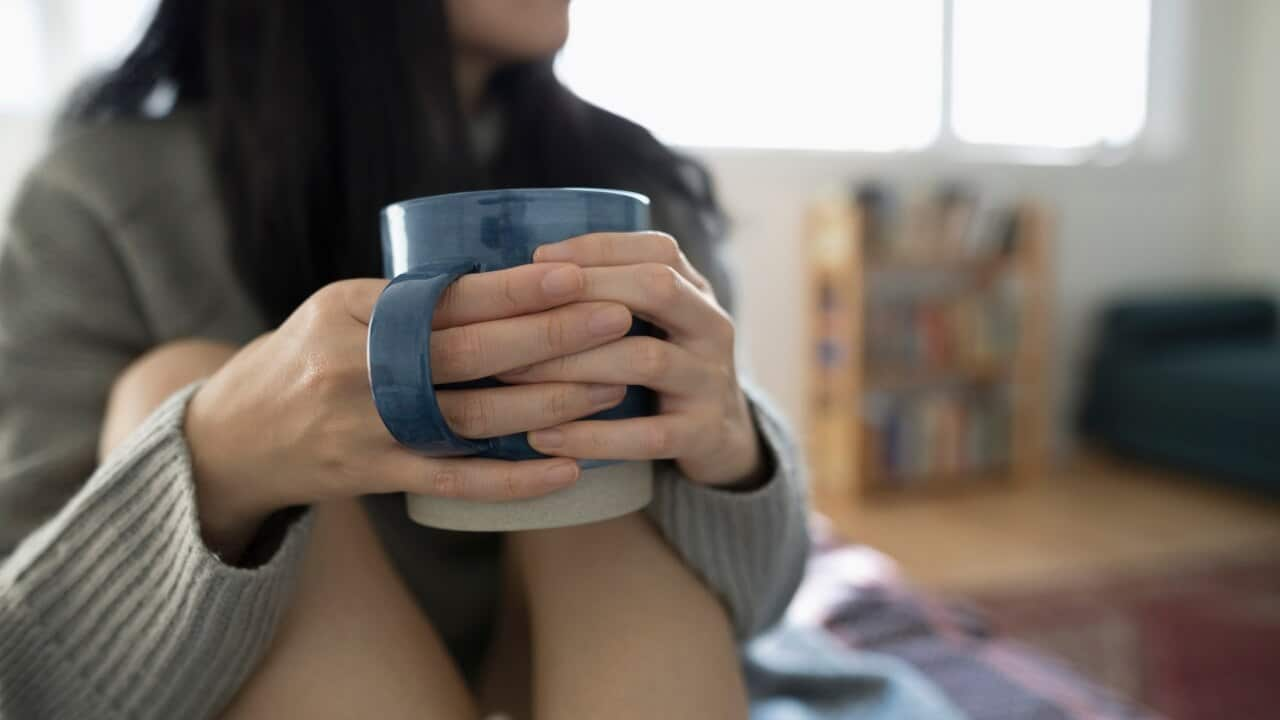While nearly all Australians agree that sleep and relaxation are essential for general health and wellbeing, the vast majority complain they struggle to get a good night’s sleep.
A new study from the 2019 Global Relaxation Report has shown that while Australians are getting a better night’s sleep than they were a year ago, they still struggle to sleep on holidays.
Sleep expert Dr. Michael Breus is underlining the importance for Australians to maintain good sleep hygiene and gives his top tips for a better sleep.
Five tips to sleep better at night
Have a consistent wake-up time
Stick to your normal bedtime as consistency is key. When sleep has a regular rhythm, your biological clock will be in sync and your body will continue to operate normally.

Wake up early. Source: Shutterstock
Stop caffeine by 2pm
Try to avoid consuming caffeine 6 to 8 hours before you sleep in that way you can have a restful night. Too much consumption of caffeine can affect your sleep cycle.

Female friends drinking coffee and using cell phone in cafe. Source: Getty Images/Caiaimage/Paul Bradbury
Avoid consuming alcohol 3 hours before bed
Stop drinking alcohol within 3 hours of bedtime. While alcohol can make you sleepy, it doesn’t help you achieve restful sleep. In fact, alcohol prevents you from reaching the deep stages of sleep, dehydrates you and awakens you in the middle of the night (usually to go to the bathroom).

Source: Pixabay
Exercise can increase overall sleep quality
Exercise also helps re-set your biological clock. Dr Breus does not suggest running a marathon, but while you are outside getting sunlight,consider taking a brisk walk. But don't exercise too close to bed time so it will not disrupt your sleep cycle.

Running a scenic road early in the morning. (Jordan Siemens) Source: Jordan Siemens
Drink water and get some sunlight
Give the sun a “high 5” every morning (15 minutes of morning sunlight). Getting outside in the sun for 15 minutes each morning within 15-30 minutes of waking up helps to regulate the production of melatonin, the sleep hormone. Your internal body clock (the circadian rhythm) runs on a 24-hour schedule and functions best when you are exposed to a regular pattern of light and dark.

Rehydrate and get a 15-minute sunlight Source: wikimedia commons
READ MORE

Snoring keeping you awake?

